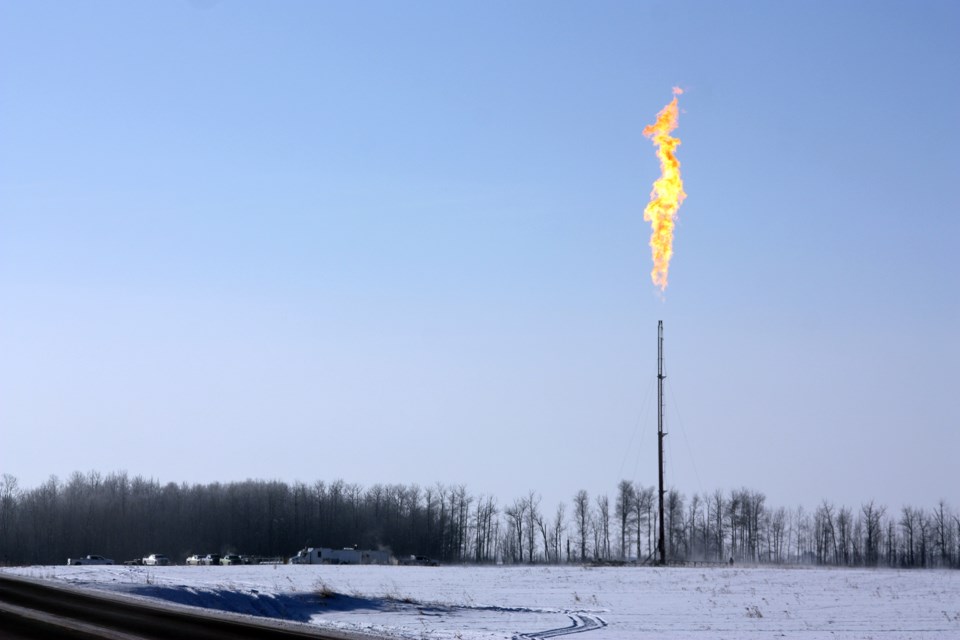Canada could soon take steps to strengthen oil and gas methane regulations to cut emissions, federal Environment and Climate Change Minister Steven Guilbeault announced on Monday.
The proposed amendments to federal regulations would largely prohibit venting of gas into the environment, limit flaring to emergency cases, and improve inspection and reporting standards.
Announced at the COP28 climate talks in Dubai, the new rules are intended to ensure Canada meets its goal of reducing methane emissions in upstream oil and gas by 75 per cent below 2012 levels by 2030, according to Environment and Climate Change Canada.
“Lowering methane emissions from our oil and gas sector is one of the fastest and most cost-effective ways we can cut the pollution that is fueling climate change," Guilbeault said. "As the world's fourth-largest oil and gas producer, we have both the responsibility and the know-how to do everything we can. At this time of robust profit margins and high energy prices, there has never been a better time for the oil and gas sector to invest in slashing methane emissions.”
The draft regulations won’t be published until mid-December, but Guilbeault indicated they would be similar in form and stringency to those recently finalized in the United States so rules throughout North America are broadly aligned.
Methane is a greenhouse gas with at least 25 times the warming potential of carbon dioxide, and scientists estimate it is responsible for a third of observed global warming. Despite existing abatement measures from governments and industry, atmospheric levels of methane have continued to increase. According to the U.S. National Oceanic and Atmospheric Administration (NOAA), 2022 saw the fourth-largest increase in methane since measurements began in 1983.
“Canada's ambitious efforts to drive down methane emissions from its oil and gas sector are highly encouraging and show what is possible. The IEA has found that to avoid the worst impacts of the climate crisis, we must reduce methane emissions from oil and gas operations globally by 75 per cent this decade,” said Dr. Fatih Birol, executive director of the International Energy Agency.
Included in the announcement was $30 million to establish a “Methane Centre of Excellence” to improve emission measurement and reporting. Recent studies indicate government and industry have significantly underestimated the extent of methane emissions throughout Canada.
Research from Carleton University’s Energy & Emissions Research Laboratory (EERL) found methane emissions in Alberta were about 1.5 times higher than official estimates, and nearly four times more than reported in Saskatchewan.
The EERL team also noted almost two thirds of Alberta’s emissions were attributable to venting (the intentional release of methane). The new regulations would prohibit venting except where required for safety reasons, mandating that storage tanks and other devices instead be connected to containment or destruction equipment.
Facilities deemed likely to emit methane, like gas processing plants, would also be subject to increased screenings and comprehensive assessments. All facilities would need to have an annual inspection performed by an auditor.
ECCC said Canada's clean tech sector is already a world leader in methane abatement, and the need to further reduce emissions would create new business opportunities.
The Alberta government is already pushing back against the proposed amendments, calling them “costly, dangerous and unconstitutional.”
“Given the unconstitutional nature of this latest federal intrusion into our provincial jurisdiction, our government will use every tool at our disposal to ensure these absurd federal regulations are never implemented in our province,” Premier Danielle Smith and Environment and Protected Areas Minister Rebecca Schulz said in a joint statement issued in response to the new federal methane emissions targets.



